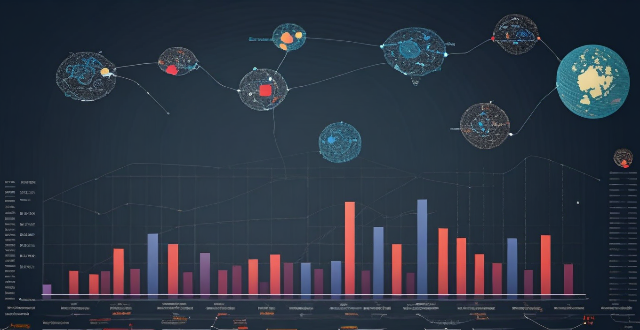Climate adaptation research and data collection are crucial for understanding the impacts of climate change, developing effective strategies to mitigate these impacts, and ensuring the sustainability of our planet. They help identify vulnerabilities, assess risks, inform policy decisions, enhance resilience, integrate climate considerations into planning, and promote sustainable practices. By investing in these efforts, we can better prepare for the challenges posed by climate change and ensure a more sustainable future.

The Significance of Climate Adaptation Research and Data Collection
Climate adaptation research and data collection are crucial for understanding the impacts of climate change on our environment, society, and economy. This information is essential for developing effective strategies to mitigate these impacts and ensure the sustainability of our planet. In this answer, we will explore the significance of climate adaptation research and data collection in detail.
Understanding Climate Change Impacts
*Identifying Vulnerabilities*
Climate adaptation research helps us identify the vulnerabilities of different systems, such as ecosystems, communities, and infrastructure, to climate change. By understanding these vulnerabilities, we can develop strategies to reduce their exposure and sensitivity to climate-related risks.
*Assessing Risks*
Data collection allows us to assess the risks associated with climate change, including extreme weather events, sea level rise, and changes in temperature and precipitation patterns. This information is vital for informing decision-makers about the potential consequences of climate change and developing appropriate response measures.
Developing Adaptation Strategies
*Informing Policy Decisions*
Climate adaptation research provides valuable insights for policymakers to make informed decisions about how to adapt to the changing climate. This includes identifying priority areas for adaptation investments, developing regulations and standards to protect vulnerable populations and ecosystems, and promoting sustainable practices that reduce greenhouse gas emissions.
*Enhancing Resilience*
Data collection enables us to identify opportunities for enhancing the resilience of various systems to climate change. This includes improving the design and construction of infrastructure, promoting ecological restoration and conservation efforts, and implementing early warning systems to alert communities to impending climate-related hazards.
Supporting Sustainable Development
*Integrating Climate Considerations into Planning*
Climate adaptation research helps integrate climate considerations into long-term planning processes, ensuring that future development is resilient to climate change. This includes considering climate impacts when designing new infrastructure projects, land use planning, and resource management strategies.
*Promoting Sustainable Practices*
Data collection supports the adoption of sustainable practices that reduce greenhouse gas emissions and enhance the overall sustainability of our planet. This includes promoting renewable energy sources, energy efficiency measures, and sustainable transportation options.
Conclusion
In conclusion, climate adaptation research and data collection are critical for understanding the impacts of climate change on our environment, society, and economy. They provide valuable insights for developing effective adaptation strategies that enhance the resilience of various systems to climate change while supporting sustainable development. By investing in climate adaptation research and data collection, we can better prepare for the challenges posed by climate change and ensure a more sustainable future for all.